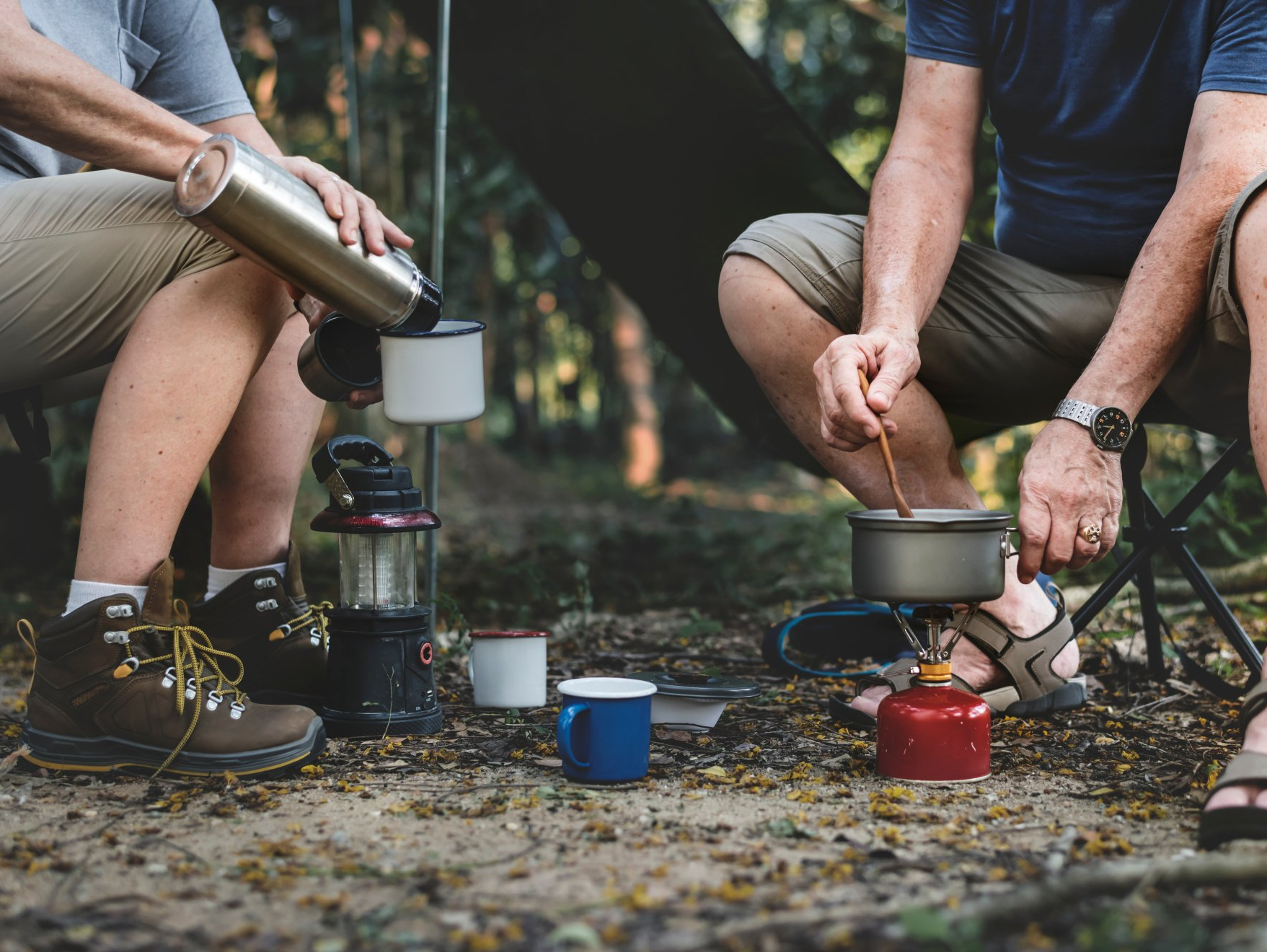Researching Courtship Stories
Finding contributors and keeping them safe
After many years of working with clients struggling with their relationships, I was keen to hear from contented couples as to how they selected their mate and how they made it work across the decades. I had seen much evidence for the inefficiency of romance and love as a method of choosing a partner and so I was keen to include couples in arranged marriages as well as those who arranged their own relationships, whether through an old-fashioned agency, an online platform or by being set up by a friend.
When I set about finding couples willing to share their stories, I knew there would be a long and sometimes delicate process to recruit couples who were willing to give informed consent – however fully anonymised their narratives would be. On a few occasions I was introduced to a couple who were willing to go ahead but I concluded that they might be too vulnerable for the process and not really understanding what was involved. The very process of answering questions and talking in depth about their relationship could have been an unhelpful experience for an unstable couple and this made it very important to seek out contented pairs.
By asking colleagues and friends I was eventually able find a range of couples across the three courtship groups, including same sex couples and those from different cultures. I included eighteen couples in the book – nine from the UK and nine from the US. The focus of my enquiry was what makes a couple contented and what divergence there might be between the three courtship groups. There was not space to focus on any divergence between the British and American group and it is possible some interesting points may have gone unaddressed. One difference which did stand out was the greater readiness of Americans to speak about finance.
Several people have asked me, ‘Why would any sane people sign up to share their story?’ and I think I can answer that quite readily. For a stable couple who enjoy reflecting together on their process, the opportunity to think aloud and focus on their journey, is quite appealing. The couples I spoke to all expressed a degree of pleasure and satisfaction after the interview – they felt it had enabled them to reflect in depth in a way which they found useful and heartening. The conversation helped to underline how much they valued their bond and the investment they had made in it over the years.
Contented Couples: Magic, logic or luck?
By Anne Power, published by Confer Books 2022





